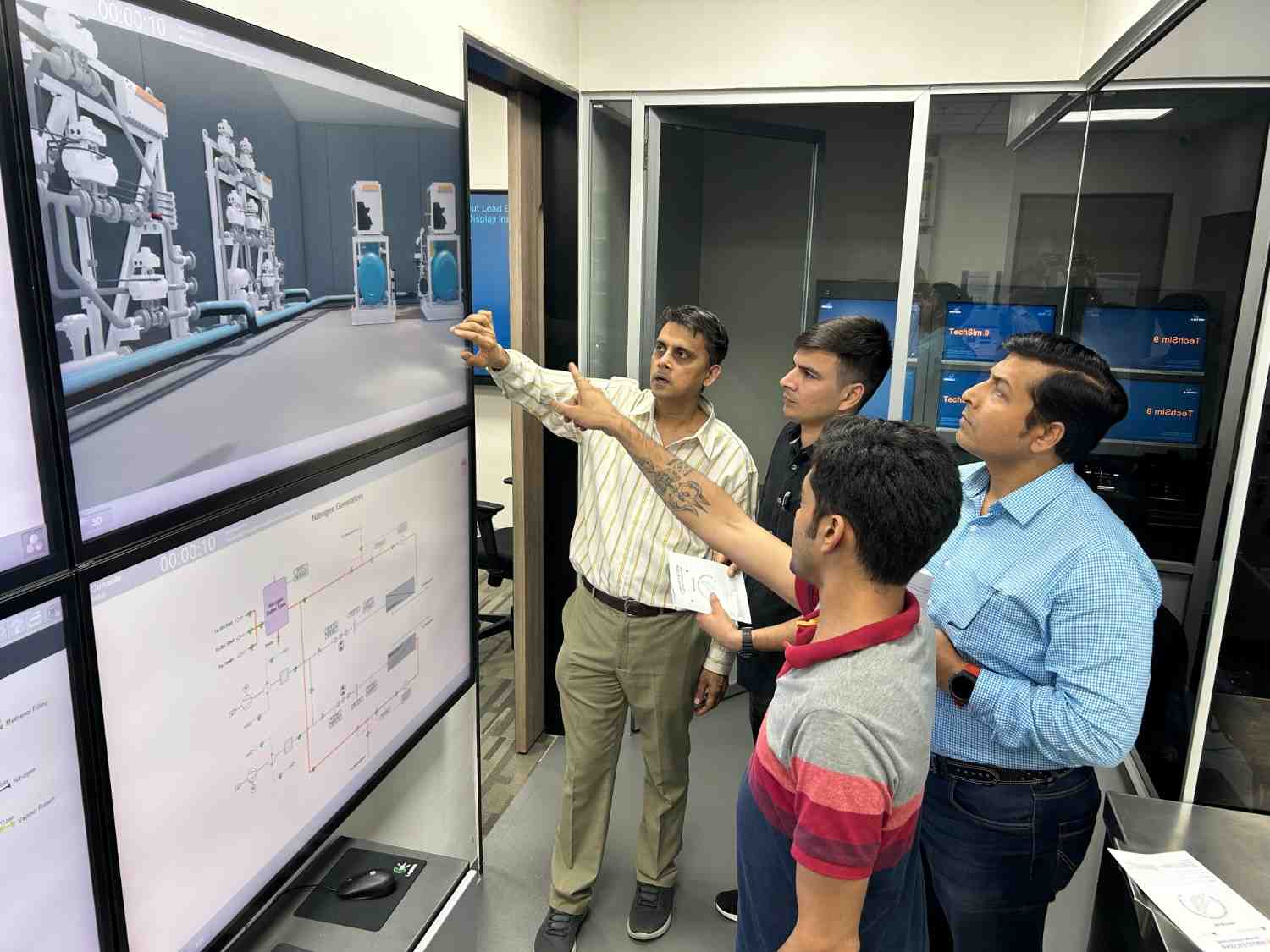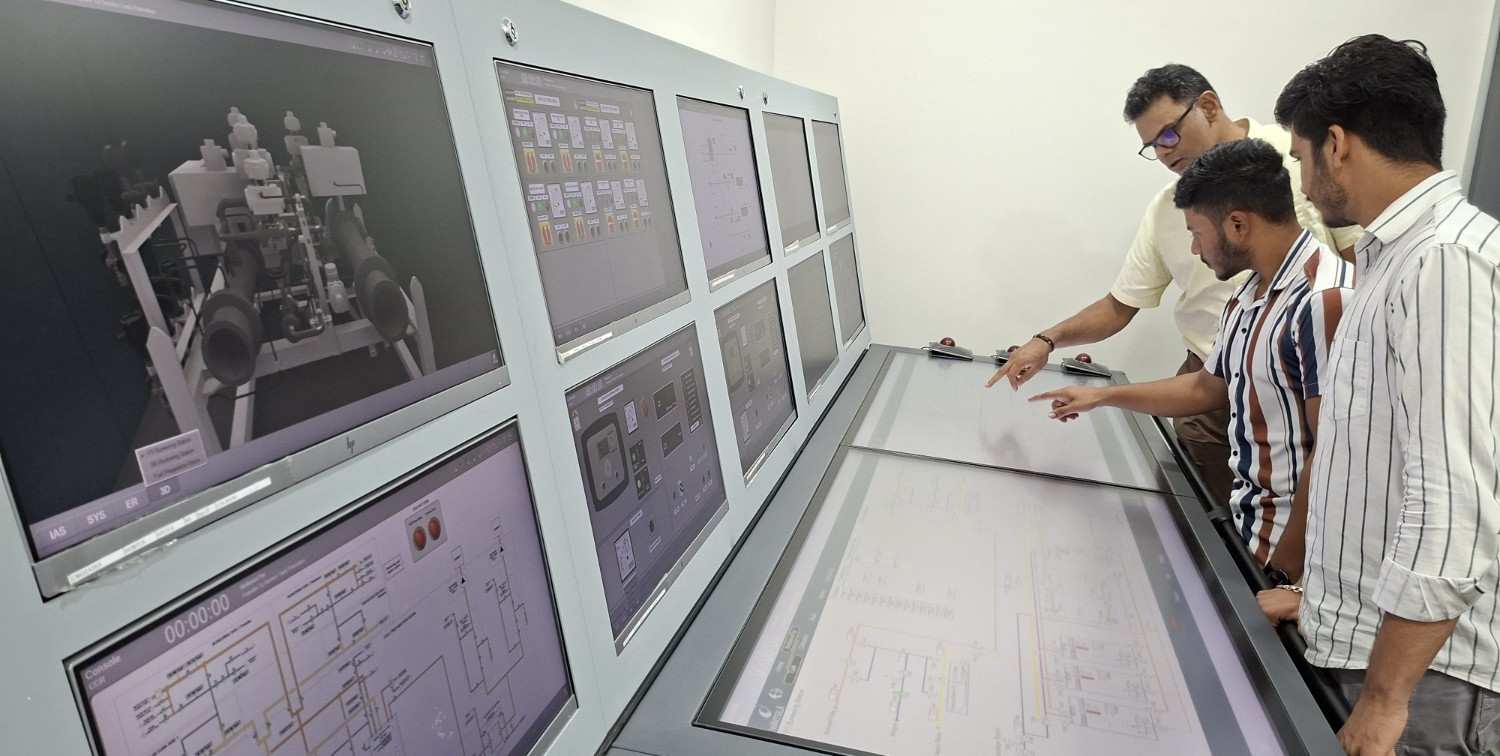
Anglo-Eastern advances maritime decarbonisation with new methanol bunkering simulator and courses
HONG KONG: Anglo-Eastern Univan Group (“Anglo-Eastern”), a global leader in independent ship management, introduced its methanol bunkering simulator in October, developed in collaboration with Wärtsilä. This state-of-the-art system delivers both theoretical and practical training for the safe handling of methanol as a marine fuel, in line with the International Maritime Organization’s guidelines for low-flashpoint fuels.

These developments follow the launch of the world’s first functional LNG ((Liquefied Natural Gas))/ammonia bunkering station skid at the Anglo-Eastern Maritime Academy (AEMA) in Karjat, Mumbai in February.
Alongside the training skid, Anglo-Eastern has introduced basic and advanced Methanol and bunkering courses ensuring its seafarers are fully prepared for emerging fuel-handling requirements and servicing on vessels powered by methyl/ethyl alcohol (methanol). These specialised courses are designed to equip maritime professionals with the knowledge and skills required to safely and efficiently operate ships using alternative fuels.
Delivered over three days, the programme comprises three distinct one-day modules tailored to varying levels of operational responsibility and technical familiarity: basic training for service on ships using methyl/ethyl alcohol as fuel; advanced training for service on ships using methyl/ethyl alcohol as fuel; and introductory familiarisation on ME-LGIM engine and fuel gas supply system.
By building competence in methanol fuel handling and engine operations, Anglo-Eastern is supporting the global transition to low-emission shipping, assisting its partners in adopting alternative fuels as part of the global effort to build a more sustainable maritime future.
Capt. Aalok Sharma, Group Director of Training at Anglo-Eastern, commented: “Decarbonisation is not just about adopting new technologies; it’s also about preparing the people who will operate them. By investing in these advanced training facilities, we are ensuring our seafarers and industry partners have the skills to safely and efficiently handle alternative fuels and propulsion systems.”
Francis Akkara, Principal and Director of AEMTC remarked on the new training offerings, “As the maritime industry accelerates its shift toward alternative fuels, it is essential that our training evolves in tandem. These new offerings reflect Anglo-Eastern’s commitment to equipping seafarers with the operational readiness and safety mindset needed to navigate the complexities of methanol and ammonia fueled propulsion technologies.”
Anglo-Eastern’s dual fuel capabilities span LNG, LPG, ammonia, methanol to hydrogen and WAPS. Presently, the company is actively engaged with 130+ dual-fuel vessels and 130 newbuilding projects as of October.

